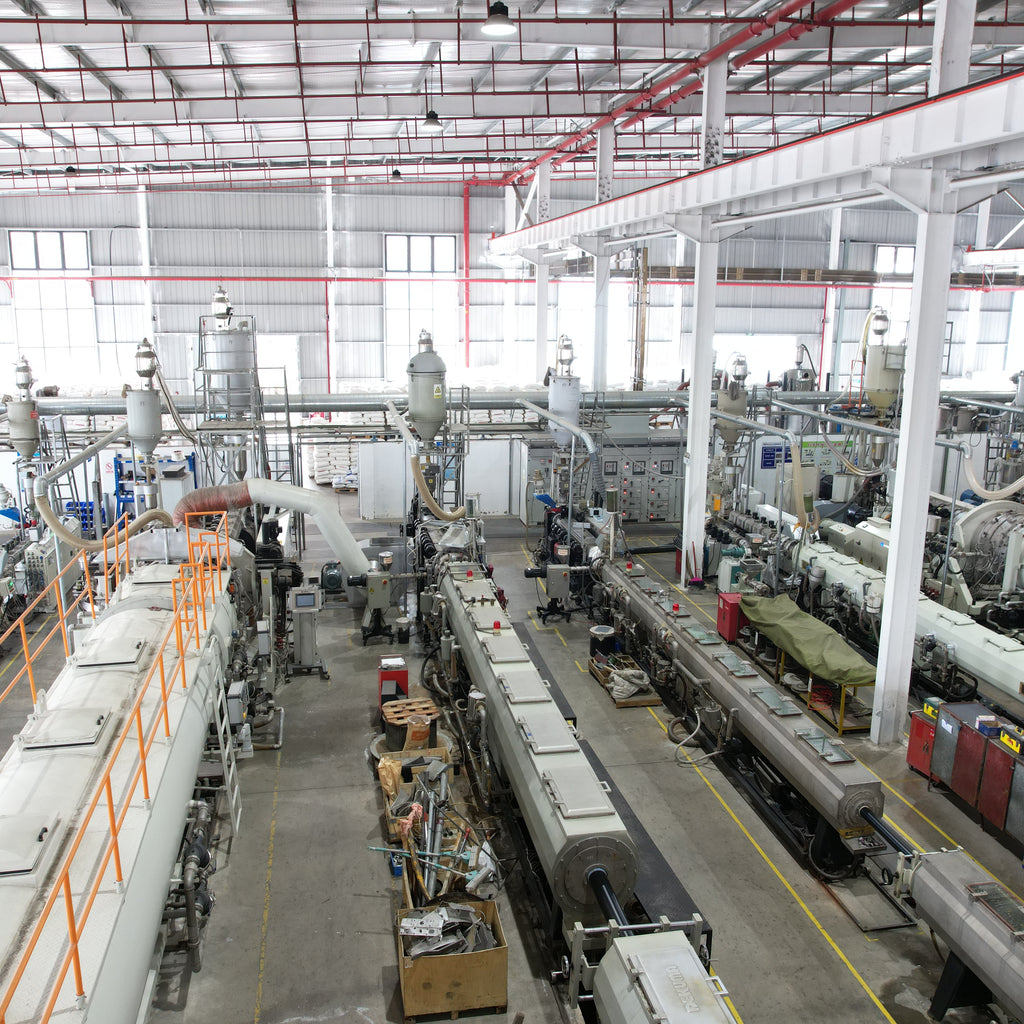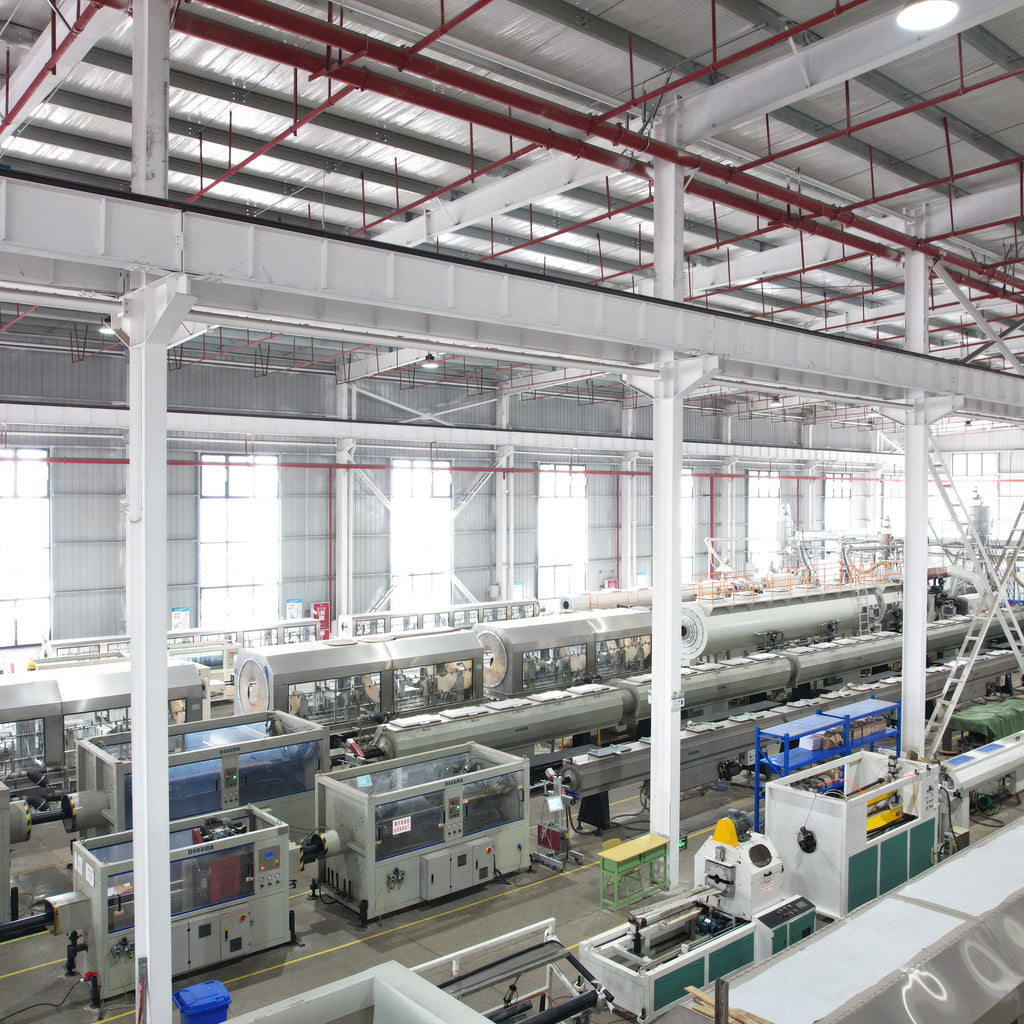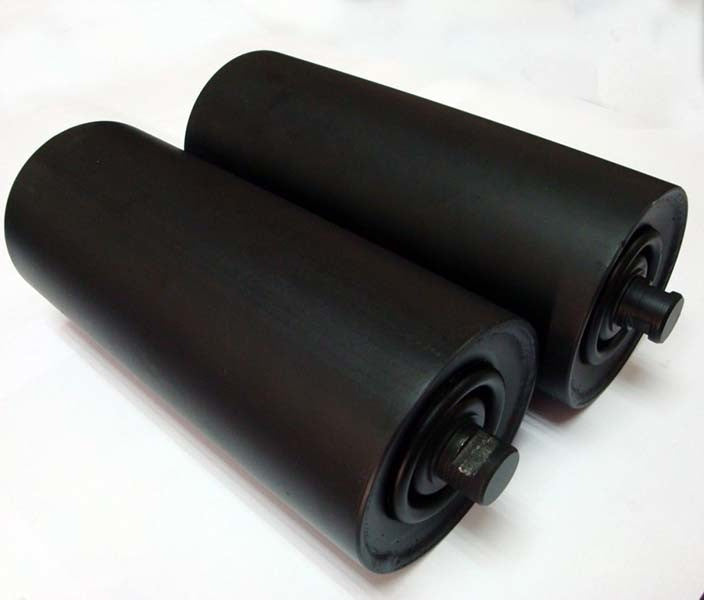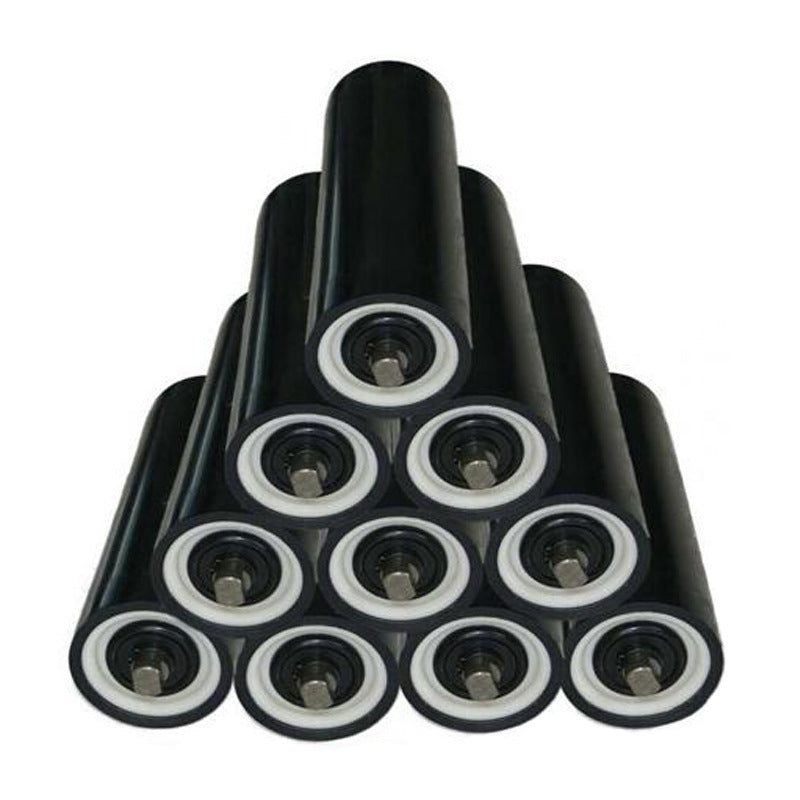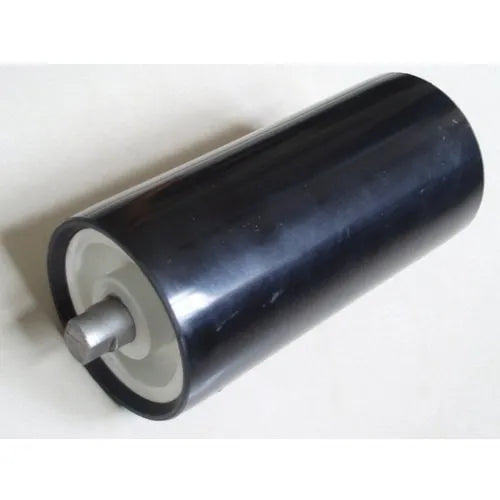-
Ultra - High Molecular Weight Polyethylene (UHMWPE) Rollers: Technical Insights, Advantages, and Applications
Ultra - High Molecular Weight Polyethylene (UHMWPE) Rollers: Technical Insights, Advantages, and Applications 1. Introduction In the dynamic realm of industrial material handling and manufacturing, the choice of components can make or break the efficiency, durability, and cost - effectiveness of operations. Ultra - High Molecular Weight Polyethylene (UHMWPE) rollers have emerged as a game - changing solution, revolutionizing the traditional concepts and presenting a wide array of benefits over conventional roller materials. This article aims to provide a comprehensive exploration of the technical aspects, key advantages, and diverse applications of UHMWPE rollers, elucidating why they... -
Ultra - High Molecular Weight Polyethylene (UHMWPE) Rollers: A Technological Marvel in Material Handling
1. Introduction In the dynamic landscape of industrial material handling and manufacturing processes, the choice of components can significantly impact efficiency, durability, and overall operational costs. Ultra - High Molecular Weight Polyethylene (UHMWPE) rollers have emerged as a revolutionary solution, offering a unique set of properties that outshine traditional roller materials. This article delves into the technical aspects, advantages, and diverse applications of UHMWPE rollers, highlighting why they have become a preferred choice across multiple industries. 2. Material Composition and Key Properties of UHMWPE 2.1 Exceptional Abrasion Resistance UHMWPE is characterized by an extremely high molecular... -
Ultra - High Molecular Weight Polyethylene (UHMWPE) Rollers: Technical Characteristics, Applications, and Advantages
1. Introduction Ultra - High Molecular Weight Polyethylene (UHMWPE) rollers have emerged as a revolutionary component in various industries due to the exceptional properties of UHMWPE material. UHMWPE is a linear polyethylene with a molecular weight typically exceeding 3 million, endowing it with unique characteristics that set it apart from other polymers. 2. Technical Characteristics of UHMWPE 2.1 Abrasion Resistance One of the most remarkable features of UHMWPE is its outstanding abrasion resistance. The shell of UHMWPE rollers, made from this material, has an abrasion resistance that is approximately 10 times that of High - Density...


